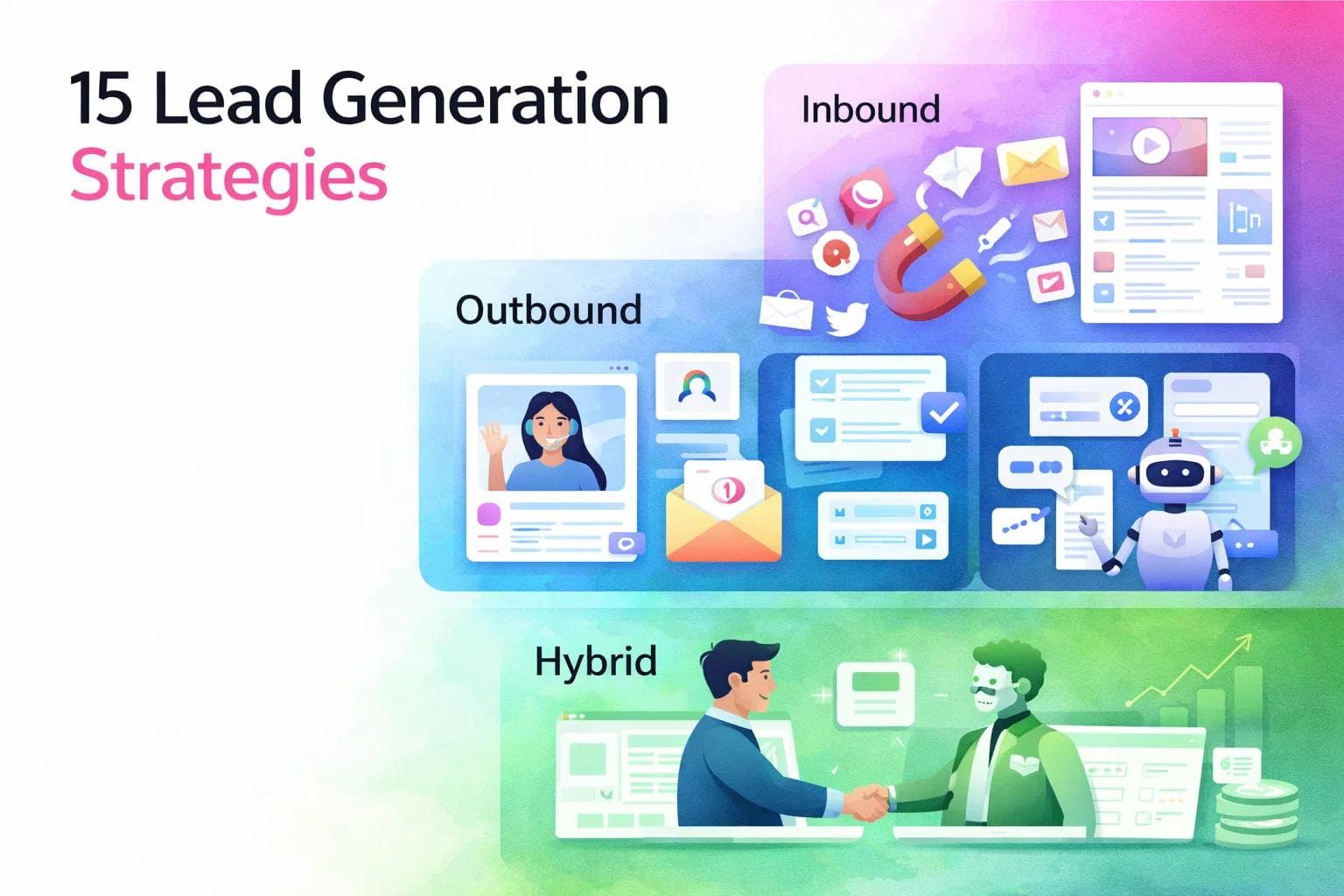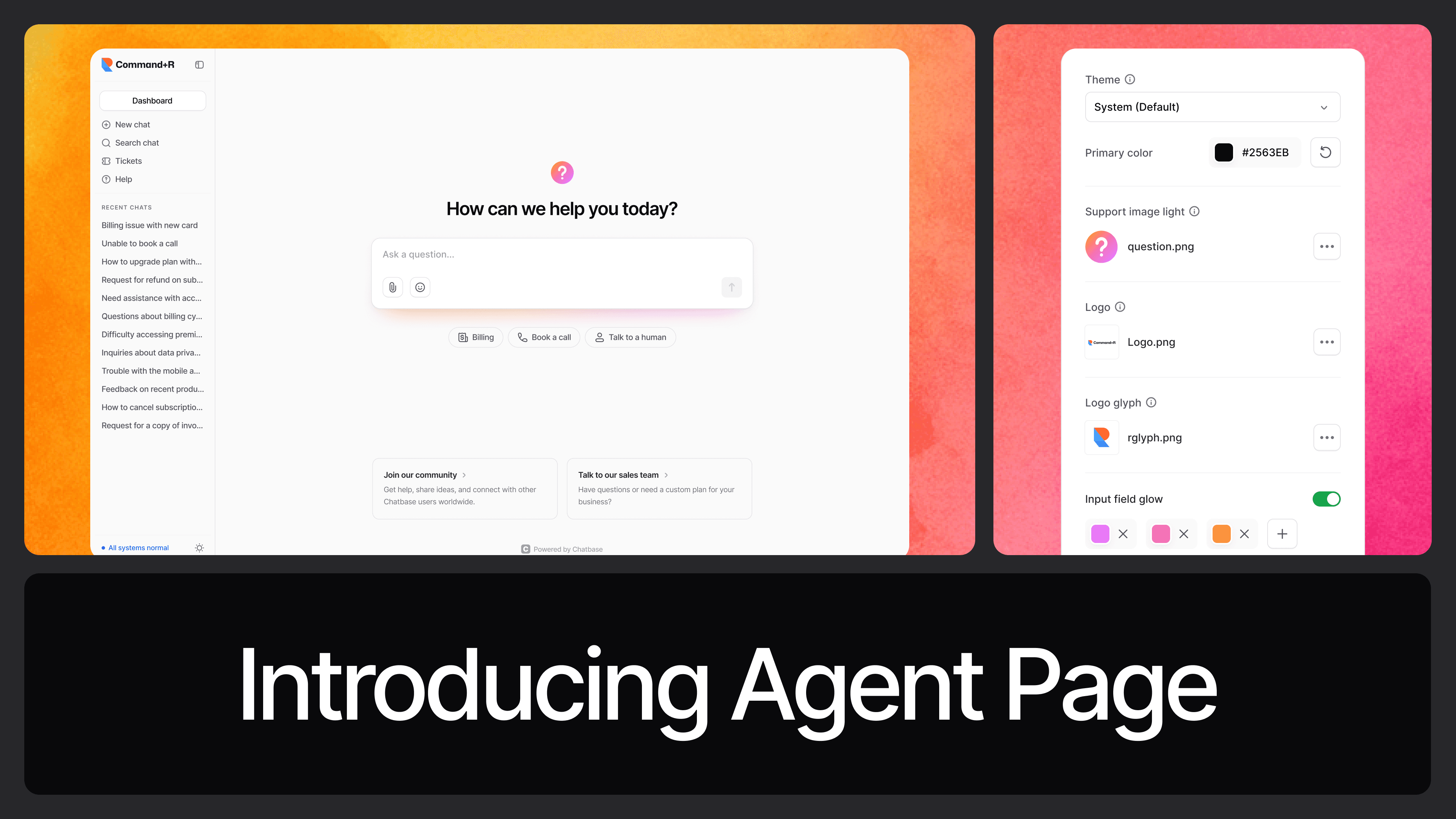E-commerce Customer Service: 2026 Guide
Max T
Jul 9, 2025
10 min read

On Monday, a customer spent 11 minutes browsing your store. They clicked on a product, zoomed into the images, read a few reviews, and hovered over the "Add to Cart" button.
Then they left.
No purchase. No message. No clue why.
Chances are, they had a question and couldn’t find the answer quickly enough. Maybe it was about sizing. Maybe shipping. Maybe returns. Whatever it was, they didn’t stick around to figure it out.
This is the silent killer in e-commerce: unanswered questions.
Modern shoppers expect instant answers and human-like guidance while they shop online. Not getting that support isn’t just frustrating — it’s a reason to bounce and buy from someone else.
What sets winning brands apart today isn’t just better products or lower prices. It’s customer service that actually serves. That’s fast, friendly, and helpful. That feels like someone’s there to assist, not just automate.
What Is E-commerce Customer Service?
E-commerce customer service is the support your online store gives to shoppers — before, during, and after they make a purchase.
This could be as simple as answering a question about delivery time or helping someone return a product. It’s also about guiding a confused customer through checkout or ensuring a smooth post-purchase experience once the sale is complete.
It's not just about fixing problems. It's about making sure customers feel taken care of, every step of the way.
You can offer this support through email, live chat, WhatsApp, Instagram DMs, or even an AI chatbot.
The goal is always the same: Help people quickly. Be clear. Be kind. Solve the problem.
That’s really it.
Benefits of Great E-commerce Customer Service
Strong customer service doesn’t just help customers. It helps your business grow, too. Here’s what it brings to the table:
1. Higher Customer Retention
It’s easier and more affordable to keep an existing customer than to find a new one.
If shoppers trust your store to not just deliver quickly but also fix issues promptly, they’ll keep coming back. They won’t even bother checking out the competition.
2. More Sales From the Same Shoppers
When people have a smooth experience, they’re more likely to buy again — and buy more.
Let’s say someone orders a pair of jeans and needs a different size. If your team helps them quickly, they’ll return next time with a bigger cart.
3. Positive Reviews and Social Proof
Every helpful support conversation is a chance to earn a five-star review or a thank-you post on social media.
That kind of feedback builds trust with future buyers. New customers are more likely to make a purchase when they see others had a good experience.
4. Fewer Refunds and Chargebacks
Good communication reduces misunderstandings.
For example, if someone is confused about a delayed delivery, a quick message can save the sale. Without it, they might file a chargeback, and you lose both the product and the money.
5. Higher Conversion Rates
People often hesitate before buying. They may have questions about sizing, delivery time, or return policies.
When you answer quickly — through live chat or even a chatbot — you give them the confidence to complete the purchase.
6. Actionable Feedback From Real Customers
Customer service conversations are full of insights.
Maybe your checkout process is confusing. Or maybe customers keep asking about product care instructions.
Support helps you catch these patterns early, so you can make changes that boost the overall shopping experience.
How to Build a Winning E-commerce Customer Service Strategy
Great customer service doesn’t happen by chance. It takes structure. A little planning. And the right mindset.
Here’s how to put it all together:
1. Offer Multiple Support Channels
Your customers are everywhere — Instagram, email, WhatsApp, live chat. Make sure they can reach you on the platform that’s most convenient for them.
Start with 2 or 3 solid options. Live chat on your website + email + one social platform is a great mix.
2. Set Clear Response Time Goals
Customers don’t expect magic, but they do expect a reply. Fast.
Decide how quickly you want to respond on each channel. For example:
- Live chat: reply within 1–2 minutes
- Email: reply within 6–12 hours
- Social media: reply within a few hours
Then stick to it. Even a “we’re on it” message is better than silence.
3. Use Templates — but Don’t Sound Like a Robot
Create quick-reply templates for common issues: shipping delays, return requests, sizing questions, etc.
But always personalize your responses. People know when they’re getting copy-paste treatment.
4. Train Your Team (or Yourself)
If you have a support team, make sure they know your products inside out. If you’re doing it solo, take time to write answers to common questions you can reuse quickly.
The better the knowledge, the faster the fix.
5. Keep a Knowledge Base or FAQ Section
A good chunk of support requests are simple. Things like: “How do I track my order?” or “What’s your return policy?”
Add these to a clear, searchable FAQ page. This reduces incoming questions and keeps customers happy.
6. Gather Feedback and Keep Improving
Use support interactions to learn. What are people complaining about the most? What confuses them? What do they love?
Every support ticket is a chance to improve your store.
Get Started With E-commerce Customer Support
If you’re looking for an easy way to offer great customer service without the overwhelm, Chatbase makes it simple.
With Chatbase, you can set up an AI chatbot that handles common customer questions instantly. Think order tracking, return policies, shipping times, and even product recommendations.
It works 24/7. It speaks in your brand’s voice. And it integrates smoothly with your store.
Whether you're just starting out or scaling fast, Chatbase gives you the support muscle without hiring a full team.
You don’t need technical skills. You don’t need a big budget. You just need a few minutes, and you're live.
Ready to give your customers the support they deserve?
→ Start with Chatbase and turn support into your store’s secret advantage.
Share this article:







